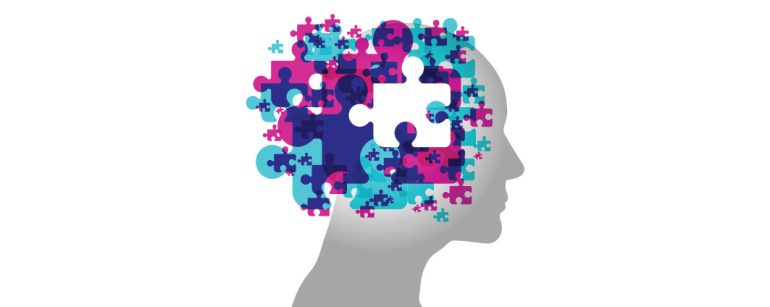- University of Cambridge researchers developed an AI tool predicting Alzheimer’s with 82% accuracy.
- The tool distinguishes between stable mild cognitive impairment and progression to Alzheimer’s disease.
- Validated with data from over 2,000 participants across the U.S., U.K., and Singapore.
- Nearly three times more accurate than current diagnostic methods.
- Potential to enhance early diagnosis, guide treatment, and reduce unnecessary testing.
- Need for further validation in larger and diverse populations to confirm effectiveness.
Main AI News:
Researchers from the University of Cambridge have introduced an innovative AI tool capable of predicting Alzheimer’s disease with an impressive accuracy rate of 82%. Alzheimer’s disease, a specific neurological condition and the leading cause of dementia, comprises 60-80% of dementia diagnoses. Although often confused with general dementia, Alzheimer’s presents unique challenges, particularly in early diagnosis, which is essential for managing and potentially slowing disease progression. Studies reveal that less than half of individuals with early dementia symptoms receive a timely diagnosis.
This new AI tool, recently featured in eClinical Medicine, utilizes cognitive tests and MRI scan data from over 400 participants in a U.S.-based research cohort. The AI’s efficacy was further validated with data from an additional 600 participants in the U.S., alongside 900 participants from memory clinics in the U.K. and Singapore. This extensive testing confirms that the AI tool can accurately differentiate between those with stable mild cognitive impairment and those who will progress to Alzheimer’s disease within a three-year timeframe.
Dr. Zoe Kourtzi, PhD, professor of experimental psychology at the University of Cambridge and lead author of the study, emphasizes the importance of high-quality data for AI models. “AI models are only as good as the data they are trained on,” Kourtzi notes. By training and testing the AI with real-world data from memory clinics, the researchers ensured its applicability and effectiveness in practical healthcare settings. The tool’s enhanced accuracy, being nearly three times more reliable than existing diagnostic standards, marks a significant leap forward in early Alzheimer’s detection.
Dr. Manisha Parulekar, MD, FACP, AGSF, CMD, from Hackensack University Medical Center, commends the AI tool’s potential impact. “The ability to predict Alzheimer’s disease with 82% accuracy represents a major breakthrough. Early diagnosis allows for targeted lifestyle interventions, better-informed treatment decisions, and improved future planning for patients and their families.” Parulekar highlights the tool’s potential to address challenges in recruiting diverse patient populations for treatment trials, noting that early diagnosis could facilitate earlier treatment, especially for new medications aimed at mild cognitive impairment and early Alzheimer’s stages.
However, Parulekar also underscores the need for further validation. “The current study involved a relatively small sample. It is crucial to validate this AI tool across larger and more diverse populations to ensure its accuracy and generalizability.”
David Merrill, MD, PhD, a geriatric psychiatrist and director of the Pacific Neuroscience Institute’s Pacific Brain Health Center, points out that this study exemplifies AI’s value in creating precise predictive models using routine patient data. “While half of patients with mild cognitive impairment may not progress to dementia within five years, predicting which patients will progress swiftly is vital. This tool could help identify those needing immediate intervention and distinguish them from those at lower risk.”
Merrill adds, “The effectiveness of this AI model could be transformative in determining which interventions truly prevent the progression to dementia. Demonstrating that an intervention can alter the expected disease trajectory would provide strong evidence of its efficacy.”
Conclusion:
The introduction of this AI tool represents a major advancement in Alzheimer’s disease diagnostics. Its high accuracy could significantly improve early detection and patient management, potentially reducing diagnostic delays and enabling timely interventions. This innovation could reshape market dynamics by setting new standards for diagnostic precision and driving demand for AI-driven healthcare solutions. Companies and healthcare providers may see increased interest in integrating advanced AI technologies to enhance diagnostic capabilities and patient care, signaling a shift towards more proactive and precise medical approaches in the market.

